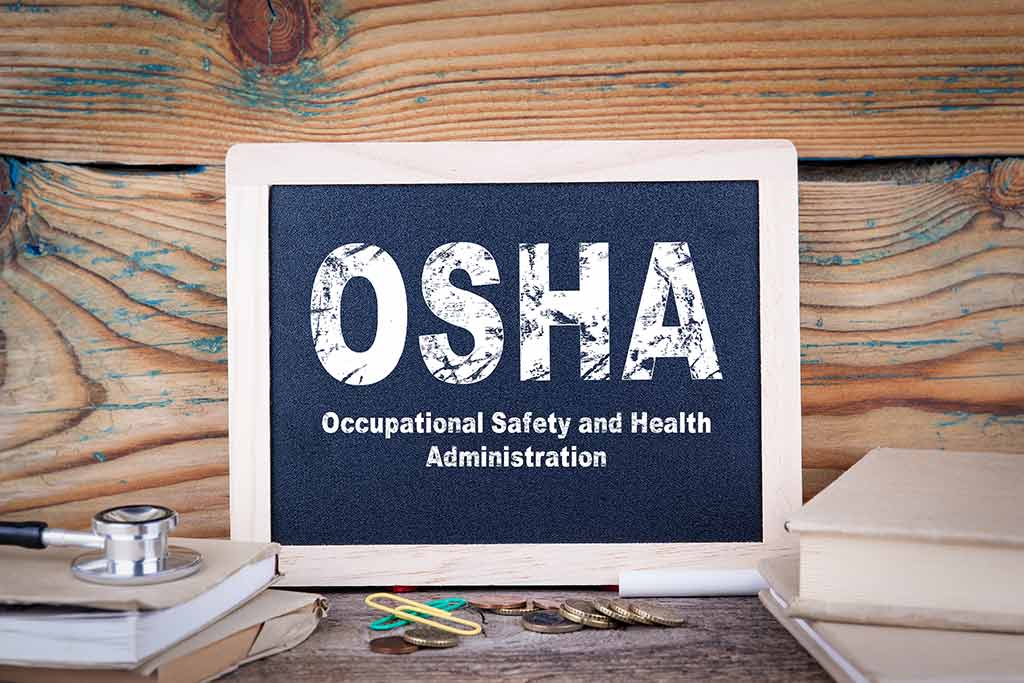Comprehensive Mobile Crane Operator Training
Our Mobile Crane Operator Training is a comprehensive and dynamic program, expertly designed for operators and supervisors handling various types of mobile cranes.
Comprehensive Mobile Crane Operator Training
Comprehensive Mobile Crane Operator Training: Elevating Safety and Expertise
Our Mobile Crane Operator Training is a comprehensive and dynamic program, expertly designed for operators and supervisors handling various types of mobile cranes. This bespoke training caters specifically to your equipment, covering hydraulic cranes, lattice boom cranes, carry deck cranes, and boom trucks.
Course Focus:
- In-depth understanding of crane operational characteristics and load chart utilization.
- Mastery in crane setup, including jib and extension use, load indicators, crane stability, and structural competence.
- Emphasis on regular inspections, hazard identification, and operator responsibilities.
- Strategic lift planning and compliance with relevant standards for accident prevention.
Training Objectives:
- Equip participants with an in-depth understanding of the risks associated with mobile crane operations.
- Validate that all personnel involved are thoroughly educated in essential safety procedures and demonstrate competence to qualified evaluators.
Program Overview:
Our curriculum blends technical training with practical hands-on exercises, culminating in examinations that fulfill OSHA standards. Our trainers are experienced NCCCO Certified Crane Operators and Licensed NCCCO Practical Examiners.
Key Training Elements:
- Site: Identifying and managing site hazards.
- Operations: Safe setup and crane operations.
- Technical Knowledge: Adhering to crane safety and regulatory standards.
- Load Charts: Effective application of load charts and manufacturer’s guidelines.
Comprehensive Course Topics:
- Understanding crane sizes, characteristics, and operational modes.
- Installation and usage of crane attachments.
- Capacity considerations, safety devices, and accident prevention strategies.
- Evaluating worksites, ensuring ground stability, and proper crane setup.
- Application of load rating charts, jib configurations, and operational quadrants.
- Addressing lifting challenges such as electric power sources, level effects on capacity, and dynamic loading.
- Comprehensive wire rope inspection methods and load control techniques.
- Familiarity with standard hand signals, crane transit methods, and OSHA documentation.
This program is not just a training course; it’s a commitment to elevating the safety, efficiency, and proficiency of your mobile crane operations.”
Questions?
888-586-9495
Related Classes:
Confined Space Entrant & Attendant
MSHA Part 48B Annual Refresher Training
MSHA Part 48B New Miner Training
CCS Safety Training’s 30-Hour General Industry Course
OSHA Outreach 30-Hour Construction Course
OSHA Outreach 10-Hour Construction Course
Why On-site Training?
In the critical moment of accountability, when facing an OSHA inspector after an incident, how do you want to define your company’s commitment to safety? Would you prefer to admit to just meeting basic requirements through online videos, or proudly affirm that your company went above and beyond by investing in on-site, OSHA-certified trainers? Choose the path that not only enhances safety but also demonstrates your unwavering dedication to your employees’ well-being and compliance with the highest standards.
Hands-On Experience
On-site training allows for practical, hands-on learning experiences. This is particularly important for safety training, where physical demonstration and practice of safety procedures can be crucial.
Immediate Feedback and Interaction
Real instructors can provide immediate feedback and clarification. This interactive environment can enhance understanding and retention of safety protocols.
Customization to Specific Worksite Needs:
On-site trainers can tailor the training to the specific hazards and safety requirements of the workplace. This ensures that the training is directly relevant and applicable to the employees’ daily tasks.
Building a Safety Culture
Having an instructor physically present emphasizes the importance of safety in the workplace. It can help in fostering a culture of safety among the employees.
Enhanced Engagement
Physical presence of an instructor can lead to higher levels of engagement and participation. Employees are more likely to ask questions and interact in a live setting.
Observation of Workplace Practices
Instructors can observe the current practices and behaviors in the workplace, providing specific, contextual advice and adjustments to improve safety.
Team Building
On-site training can also serve as a team-building exercise, strengthening the teamwork skills necessary for effective safety practices.
Compliance with Specific OSHA Requirements
Certain OSHA training requirements may be more effectively met through on-site training, especially where practical demonstrations are required.
Reducing Miscommunication
Face-to-face training reduces the risk of miscommunication which can occur in online formats, ensuring clearer understanding of safety procedures.
Adaptability and Flexibility
On-site trainers can adapt their teaching style and content on the fly, based on the response and needs of the attendees.
Immediate Resolution of Queries
Any doubts or queries can be immediately addressed and resolved by the instructor, which is not always possible in online formats.
Networking and Sharing Experiences
Employees can share their experiences and learn from each other’s safety practices and incidents, fostering a collaborative learning environment.
Ensuring Engagement and Attendance
Physical presence in a training session ensures that employees are actually participating and attentive, as opposed to online training where engagement can be harder to monitor.
Motivation and Morale:
The investment in on-site training can boost employee morale, showing that the company values their safety and well-being.
Addressing Language and Literacy Barriers
On-site training can be more effectively modified to address language and literacy barriers among workers, ensuring that all employees receive the training they need.













